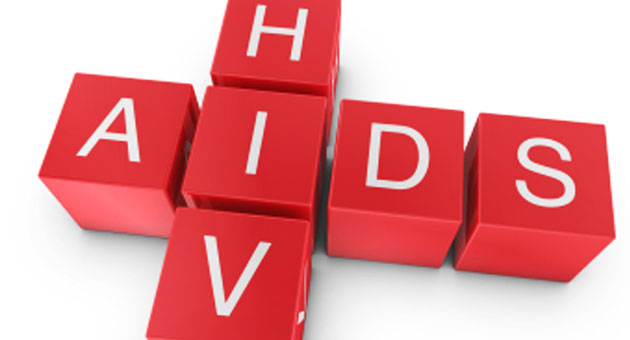Active HIV Programme In Juvenile Detention Facilities
By: , June 14, 2016The Key Point:
The Facts
- Senator Charles Jr. noted that treatment from qualified health practitioners is also available to incarcerated individuals living with HIV.
- “This is an important intervention, as many do not adhere to their treatment programme upon release and those who do sometimes experience difficulties in accessing the required support or resources,” the State Minister noted.
The Full Story
State Minister for National Security, Senator the Hon. Pearnel Charles Jr., says there is an active HIV programme in juvenile detention facilities across the island, geared towards improving life among inmates.
According to the State Minister, the Ministry has collaborated with the Health Ministry to provide inmates, between ages 12 and18 years, with the requisite medication stipulated by national guidelines.
“A phlebotomist is also employed and visits the facilities providing HIV and sexually transmitted infections (STI) testing,” he said.
The State Minister, who has oversight for the Department of Correctional Services, was speaking at a ‘Health for All’ forum, held at The Knutsford Court Hotel, in Kingston on June 13.
It was held under the theme ‘Putting Youth and Adolescents at the Heart of the HIV Response’.
Senator Charles Jr. noted that treatment from qualified health practitioners is also available to those incarcerated individuals living with HIV.
He emphasised the importance of partnerships in the fight against HIV, particularly the support provided by Florida-based non-profit organisation Health through Walls (HTW).
Through this organisation, a case manager was employed to assist with testing and to coordinate linking ex-inmates with care in their respective communities.
“This is an important intervention, as many do not adhere to their treatment programme upon release and those who do sometimes experience difficulties in accessing the required support or resources,” the State Minister noted.
Globally, the World Health Organization estimates that 10.3 million youth between ages 15 and 24 years are living with HIV/AIDS. Most do not even know they are infected and half of all new infections are occurring among young people.
Commitment to Ending the Epidemic
Meanwhile, Officer in Charge at the Joint United Nations Programme on HIV and AIDS (UNAIDS), Dr. Nkhensani Mathabathe, indicated that her organisation is committed to ending the AIDS epidemic.
She noted that UNAIDS wants to reduce new infections by 95 per cent as well as increase to 81 per cent the number of persons on treatment by the year 2030.
For her part, Senior Medical Officer in the Ministry of Health, Dr. Nicola Skyers, said emphasis must be placed on the youth, and they must be provided with the requisite tools for guidance in preventing the life-changing disease.
Annually, it is estimated that about four million people younger than 20 years old are diagnosed with STIs, including herpes, the human papillomavirus (HPV) and gonorrhoea.
A panel discussion was also held at the forum, with persons from the medical profession and non-profit organisations taking part.




